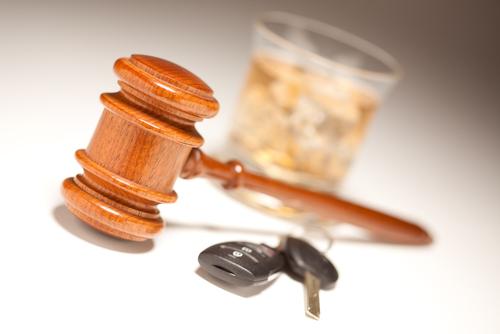Attorneys Reveal Biggest Myths about DUIs
Driving while intoxicated is one of the most serious criminal offenses in the United States. In some states, repeat offenders may even be considered felons. DUIs are also extremely common, with 200,000 more cases each year than all theft and larceny offenses combined. With the frequency of cases, a number of popular misconceptions about DUIs have arisen in recent years. Here are five of the biggest DUI myths, as revealed by DUI attorneys.
1. Most people accused of DUI are guilty, and DUI cases are unwinnable.
A popular conception of law enforcement is that if a person is arrested under suspicion of a crime, they are probably guilty. Attorneys note this is a troubling misconception that discourages individuals from defending themselves against accusations. Of particular note, the data police use when arresting someone on suspicion of DUI is oftentimes incomplete. Breathalyzers and field sobriety tests are considered inaccurate measurements of impairment, and a skilled defense lawyer can attack the prosecution’s case if authorities failed to take a blood sample. There are many instances of false positives and a DUI case can be won in favor of the defendant, contrary to popular belief.
2. You Can “Beat” a Breathalyzer Test
As previously mentioned, Breathalyzers aren’t always an accurate way to determine someone’s blood alcohol content (BAC). However, that doesn’t mean they can be “fooled” by chewing a stick of gum, swilling some mouthwash, or sucking on a penny. What makes Breathalyzers inaccurate are instances of false positives, while false negatives are rare.
It’s best to request blood work be done if you believe you’re the victim of a false positive reading.
3. You Have to Do Everything the Officer Tells You
It might seem beneficial to fully comply with a police officer’s requests, but in cases of suspected DUI or DWI, it’s best to just shut up and call a lawyer. You have rights, and you don’t have to participate in a field sobriety test if you don’t want to. After all, many of us have a hard time balancing on one foot and reciting the alphabet backwards whether we’ve been drinking or not.
4. You Shouldn’t Tell Police You’ve Had Anything to Drink
If you aren’t legally drunk, you aren’t legally drunk. It’s perfectly acceptable to tell police if you’ve had a drink, and stress the time elapsed between having that drink and getting behind the wheel. If you’re caught in a lie, you could be slapped with an obstruction of justice charge, whether you’re guilty of DUI or not.
If you feel you may be legally intoxicated when you get pulled over, it’s best not to say much at all until your lawyer arrives. Remember your Miranda rights: you have the right to remain silent, and anything you say can and will be used against you in a court of law.
5. You Can Pass a Field Sobriety Test
Technically, there’s no such thing as “passing” a field sobriety test, because the tests are not intended to be “pass or fail”. Rather, they’re used as a way for an officer to assess your condition and determine if further testing is necessary. Many times, they’ll ask you to submit to a Breathalyzer test just to be sure. So, no matter how good you are at walking in a straight line or saying your ABCs, it doesn’t really mean much if the officer already suspects you may be intoxicated.
Remember, police can’t force motorists to take a field sobriety test, so it is entirely acceptable to respectfully decline if you’re asked to undergo one.

